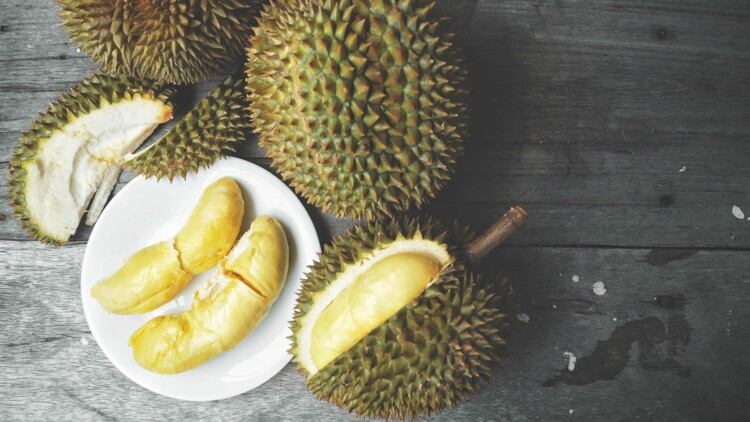According to data from the Thailand Ministry of Commerce, Thailand exported THB16.7bn (US$544mn) worth of fresh durian and THB1.4bn (US$46.9mn) to China from January to July this year, seeing a growth of 82.3% and 41.6% respectively year-on-year.
This was double the country’s export value to its second-largest fresh durian destination Vietnam (THB8.18bn/US$267mn) and over seven times that of second-largest frozen durian destination the United States (THB201mn/US$6.6mn).
Thailand Department of Negotiations Director-General Oramon Sapthaweetham said that this made Thailand the ‘largest durian exporter’ globally in the first half of the year.
“[Fresh] durian fruits accounted for 44% of total Thai fruit exports,” she told Bangkok Post.
Thailand was also the top exporter of durians in 2018 at a value of US$1.83bn, according to data from the United Nations Comtrade Database. China was the top global importer last year as well, taking in some US$1.81bn worth of durians.
Based on these numbers, some 98.9% of China’s durian imports last year were sourced from Thailand.
Sapthaweetham added that this continuing success was ‘thanks to Thailand’s free trade agreements (FTAs) with many countries’. Thailand has sixteen zero tariff FTAs in place with the nine ASEAN countries (excluding Timor Leste), Australia, China, Chile, Hong Kong, India, Japan, New Zealand and Peru.
Possible hindrance to continued success
Despite Thailand’s stellar performance in the first half of the year, local fruit companies are facing a potential threat in the form of China’s Good Manufacturing Practice (GMP) requirements for durians.
This has been claimed to negatively affect export volumes and drive down retail prices. Only about 20% of durian exporters in Southern Thailand and 50% in North East Thailand have such GMP certification
If the number of exporters willing to purchase durian decreases because they cannot export to China, durian prices could drop to below THB100 (US$3.24) per kilogramme.
“[Now] growers and [companies] need to remember to [develop and ascertain] the standard of their durians [in order to prevent pressures from] the destination market [in China],” said Office of Agricultural Development Research Region 7, Surat Thani Province Director Wirat Thambamrung.
Up-and-coming competition
In addition, the country’s durian sector looks set to see strong competition from neighbouring Malaysia, which is actively working to develop the local durian industry.
Malaysia secured an export deal for frozen durians with China last year, and local durian supplier BEHO Fresh has already rode on this to partner e-commerce giant Alibaba to sell Malaysia-sourced Musang King durians to China online.
According to Alibaba, the CCIC which an independent company recognised by the Chinese government’s quality and certification monitoring bodies, will provide traceability inspection services and third-party quality checks and controls so as to ensure the durians meet Chinese quality standards.
Durian from Malaysia is also being used in a multitude of manufactured food products, e.g. dairy giant Mengniu’s Deluxe brand durian yoghurt which is made from premium D24 durian from Malaysia.




